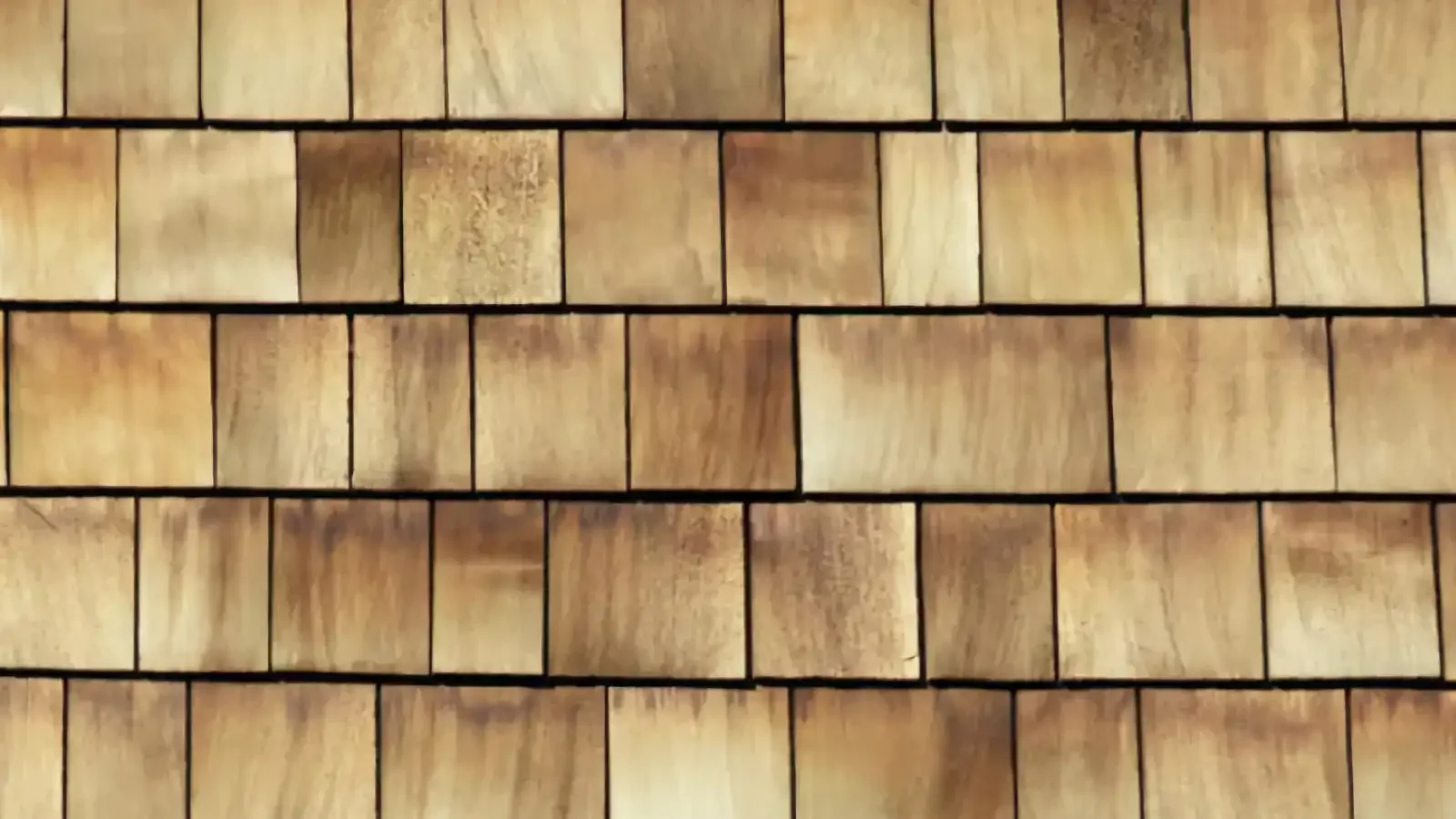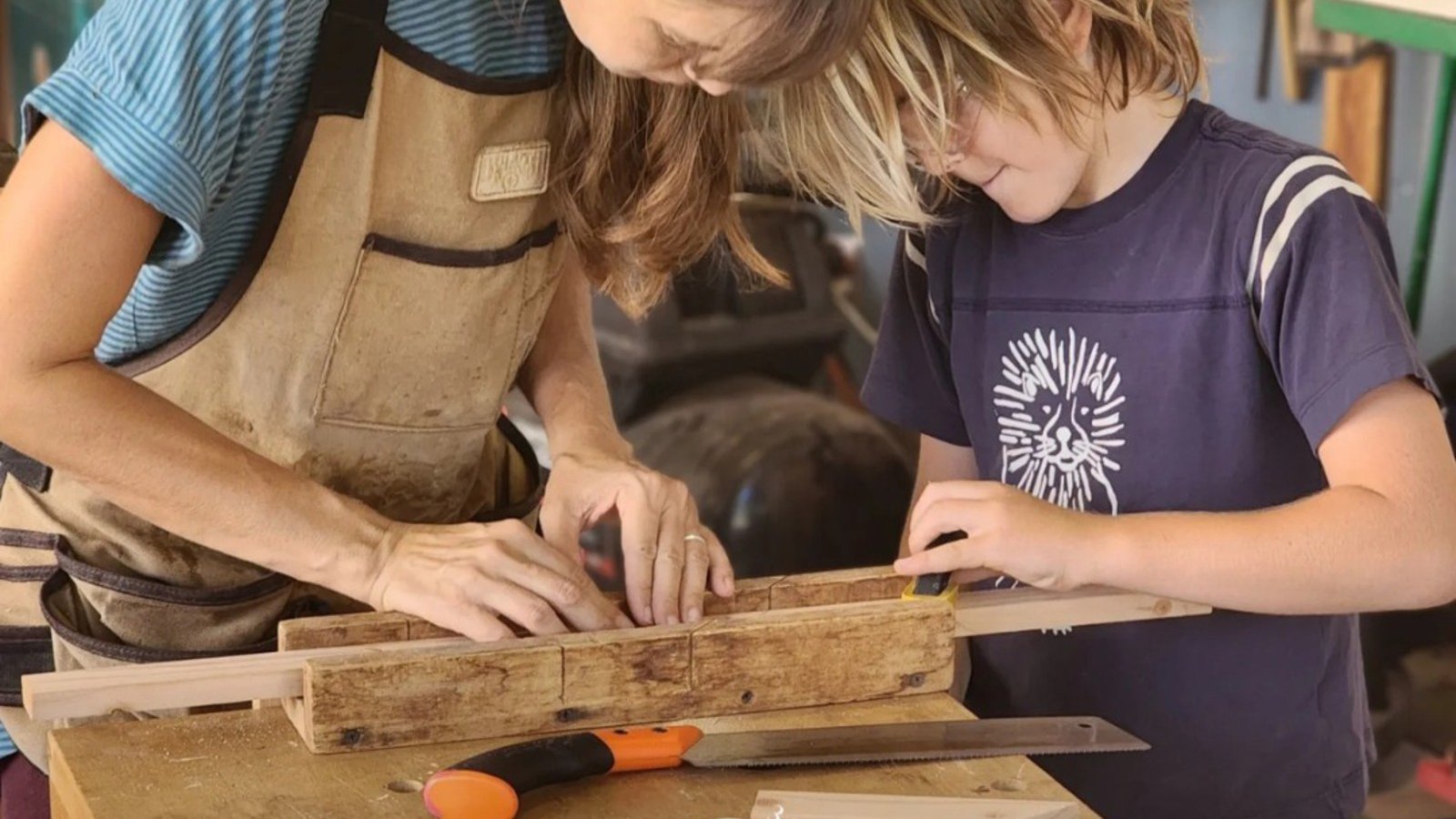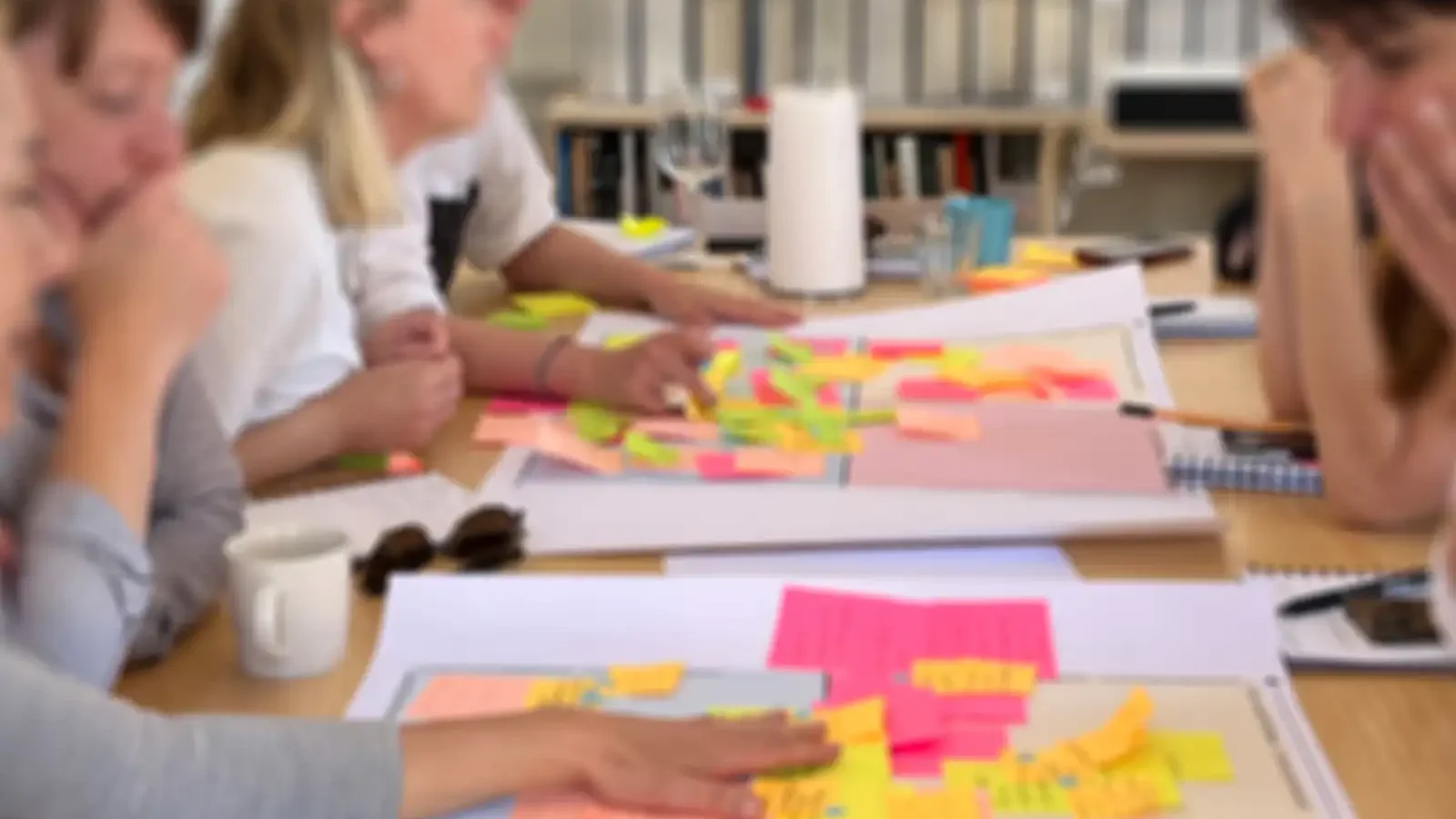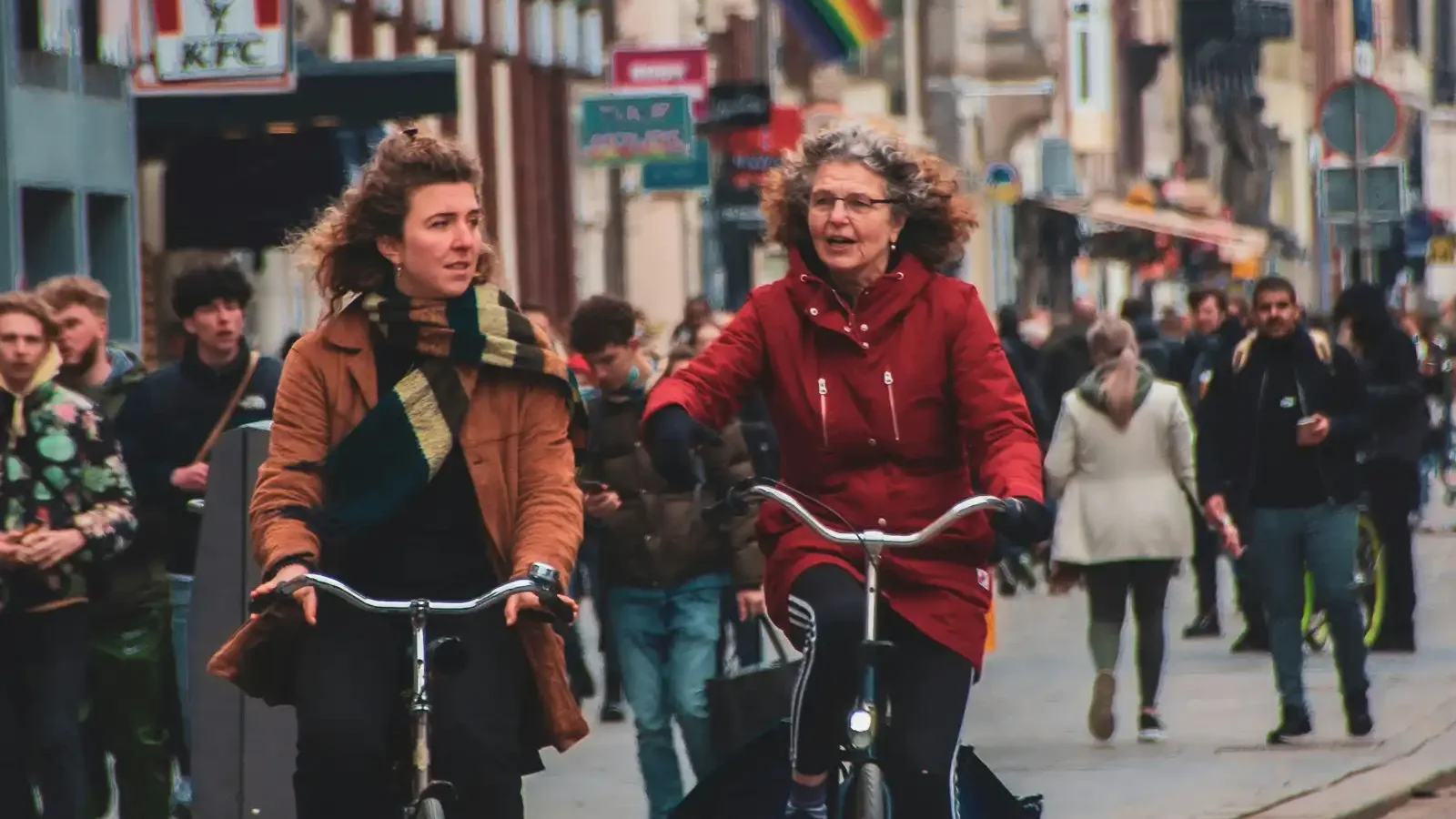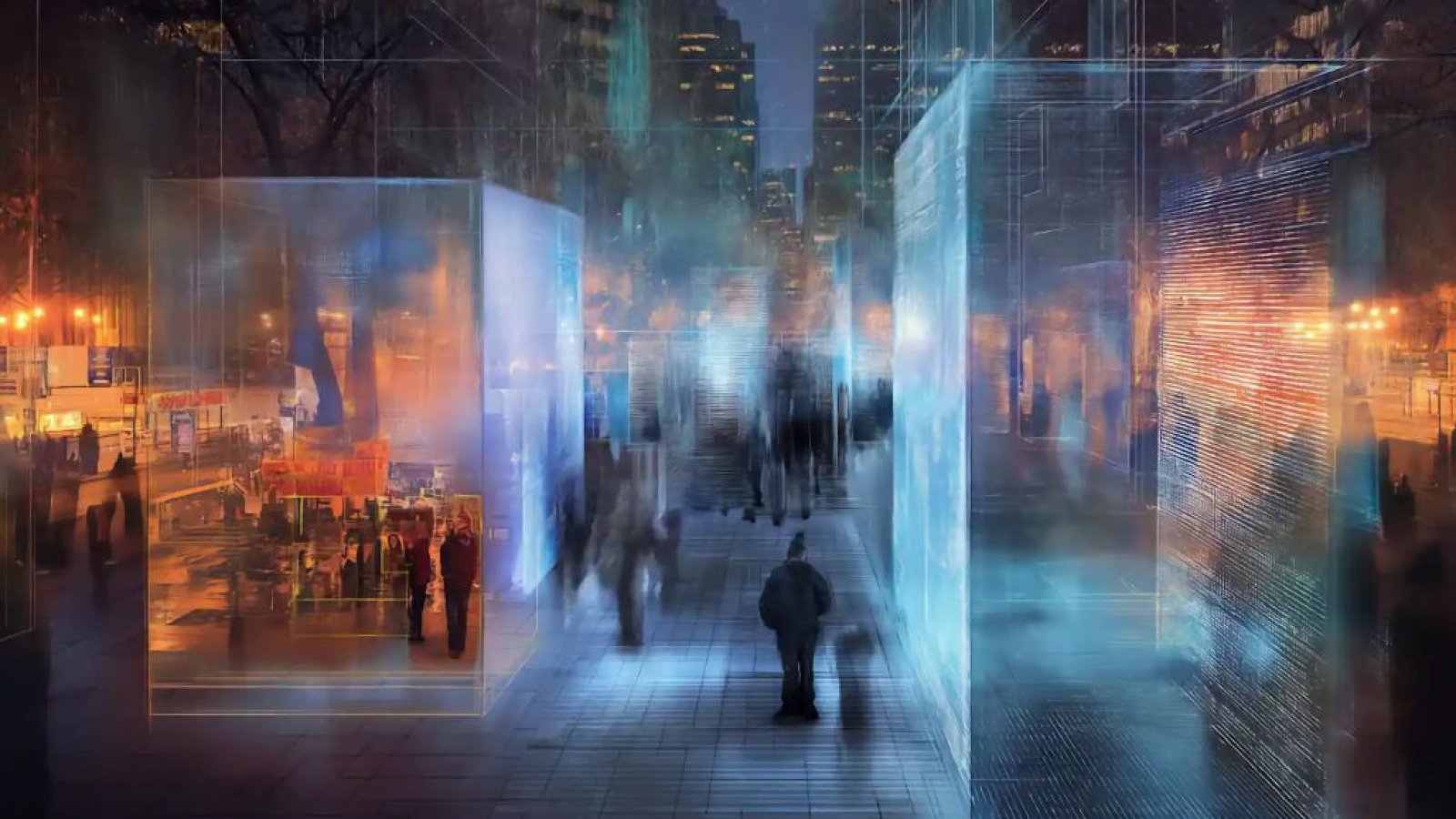Courses: regenerative
Enhancing ecosystems by using sustainable materials and design, restoring natural environments, improving biodiversity, and creating structures that positively impact the environment and communities.
regenerative
These 7 webinars, called NEBinars, aim to cultivate a new professionalism, place-makers, starting with junior professionals as catalysts for change, emphasizing the principles outlined in the New European Bauhaus (NEB) COMPASS: multidisciplinarity, citizenship engagement, and multilevel engagement....
bio-based
long-life
regenerative
The Introduction to Shipbuilding course opens the doors of wooden boatbuilding to adult learners who already have woodworking expertise and want to expand it into new career paths.
Enroll
Developed through Erasmus+ projects All Hands on Deck and All Hands on Deck360, it adapts skills from carpen...
bio-based
circular
regenerative
This course introduces the fundamentals of circular economy principles within the construction and real estate sectors. It emphasizes the shift from traditional linear models to circular approaches, focusing on extending the lifecycle of materials and products through maintenance, reuse, and recycli...
regenerative
This course offers an in-depth exploration of the connections between urban design and human health and well-being.
Participants are introduced to five key areas where research has demonstrated strong links between the physical environment and how people feel. The course provides strategies and me...
circular
long-life
regenerative
This course provides a foundational understanding of methods and strategies for sustainable construction from an ecological perspective, with a focus on reducing climate impact.
Participants gain tools to critically evaluate conventional construction and design processes and to identify key interv...
regenerative
This course provides insights into how active inclusion and norm-critical perspectives can contribute to new approaches in urban planning and design.
Participants learn how to create more attractive, inclusive cities that engage a broader range of target groups. Through practical tools, exercises,...
circular
long-life
regenerative
digital
karma
cfb
This course introduces students to speculative and participatory design methods to critically explore the intersection of digital twins, smart cities, and Extended Reality (XR) technologies. It examines the social, spatial, and technological dynamics of digital twins and uses design fiction as a fra...
bio-based
circular
regenerative
During the course students are introduced to the practice of design in degraded urban structures, with particular emphasis on the principles of revitalization activities in historical areas.
The course is composed of two Modules:
Module 1 (Tutorials)
Presentation of the input materials and c...
bio-based
circular
regenerative
During the course, selected cases of revitalization of historic areas will be discussed and analyzed, with particular emphasis on examples from Poland and Europe involving the revitalization of historic city centers and post-industrial areas.
A detailed plan of the Seminar:
Introduction to the...

